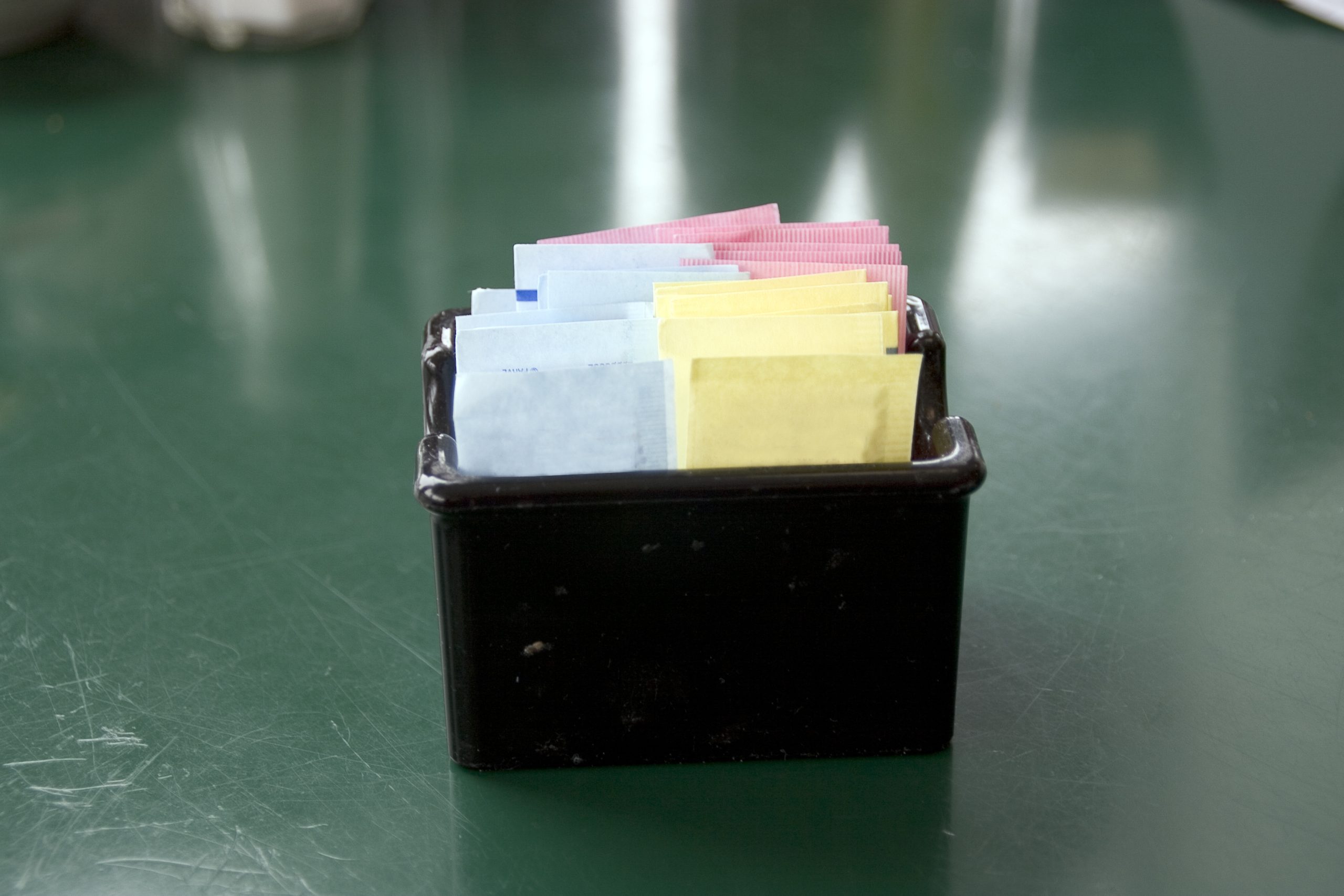

In case you haven’t heard, sucralose — an artificial sweetener used in many diet sodas — is bad news.
Sold under the name Splenda, sucralose has been linked to an increase in malignant tumors in mice. Research also shows sucralose upsets the balance of the gut microbiome, disrupts blood sugar levels and promotes inflammation.
Other symptoms reported by people who consume sucralose include:
- Red, itchy skin
- Wheezing and breathing problems
- Swelling of face, lips and tongue
- Bloating and stomach pain
- Anxiety, dizziness and depression
As if that weren’t bad enough, sucralose also has been found to increase the risk of coronary heart disease, a condition that makes heart attack more likely.
So why is it that sucralose appears to be nothing but trouble health-wise? Investigators may have found an answer — and it’s pretty alarming….
Sucralose could damage DNA
In a previous study, researchers discovered that after sucralose is ingested, several fat-soluble compounds are produced in the gut. One of these compounds is sucralose-6-acetate.
Now, a study by the same research team has determined that sucralose-6-acetate is what’s known as “genotoxic.”
In other words, the chemical breaks up DNA in the cells exposed to it.
What’s worse, the researchers found trace amounts of sucralose-6-acetate in the sucralose itself, not just as a byproduct of sucralose consumption.
“To put this in context, the European Food Safety Authority has a threshold of toxicological concern for all genotoxic substances of 0.15 micrograms per person per day. Our work suggests that the trace amounts of sucralose-6-acetate in a single, daily sucralose-sweetened drink exceed that threshold,” says Susan Schiffman, corresponding author of the study and an adjunct professor in the joint department of biomedical engineering at North Carolina State University and the University of North Carolina at Chapel Hill.
“And that’s not even accounting for the amount of sucralose-6-acetate produced as metabolites after people consume sucralose,” Schiffman adds.
Sucralose chemical could alter gut composition
For the study, the researchers exposed human blood cells and gut tissues to sucralose-6-acetate in lab tests.
“When we exposed sucralose and sucralose-6-acetate to gut epithelial tissues — the tissue that lines your gut wall — we found that both chemicals cause ‘leaky gut,’” Schiffman says. “Basically, they make the wall of the gut more permeable. The chemicals damage the ‘tight junctions,’ or interfaces, where cells in the gut wall connect to each other.”
What that means is with a leaky gut, things that would normally be flushed out of the body in its waste are instead leaking out of the gut into the bloodstream, Schiffman adds.
When looking at the genetic activity of the gut cells exposed to sucralose-6-acetate, the team found increased activity in genes related to oxidative stress, inflammation and cancer.
What to eat instead of sucralose
Schiffman says their work raises a host of concerns about the potential health effects of sucralose and its metabolites.
“It’s time to revisit the safety and regulatory status of sucralose because the evidence is mounting that it carries significant risks,” she says. “If nothing else, I encourage people to avoid products containing sucralose. It’s something you should not be eating.”
Now, you may think that having an occasional diet soda is probably okay. However, bear in mind that sucralose-6-acetate is fat-soluble, meaning it could be stored in the body’s fat long after you consume it. Just imagine this chemical terrorist lurking in your cells and destroying your DNA — all after just one drink!
It’s best to replace your diet soda fix with a healthy unsweetened beverage like tea, coffee or plain water. They’ll all keep you hydrated, and with tea and coffee you’ll be getting additional health benefits as well.
If you absolutely must have soda and you want it to be calorie-free, then try soda naturally sweetened with stevia. Just make sure the soda in question uses 100% stevia that’s free of bulking agents like erythritol, which, like sucralose, should be avoided at all costs.
Sources:
1. Chemical Found in Common Sweetener Damages DNA — NC State University
2. Toxicological and pharmacokinetic properties of sucralose-6-acetate and its parent sucralose: in vitro screening assays — Journal of Toxicology and Environmental Health

